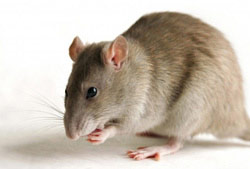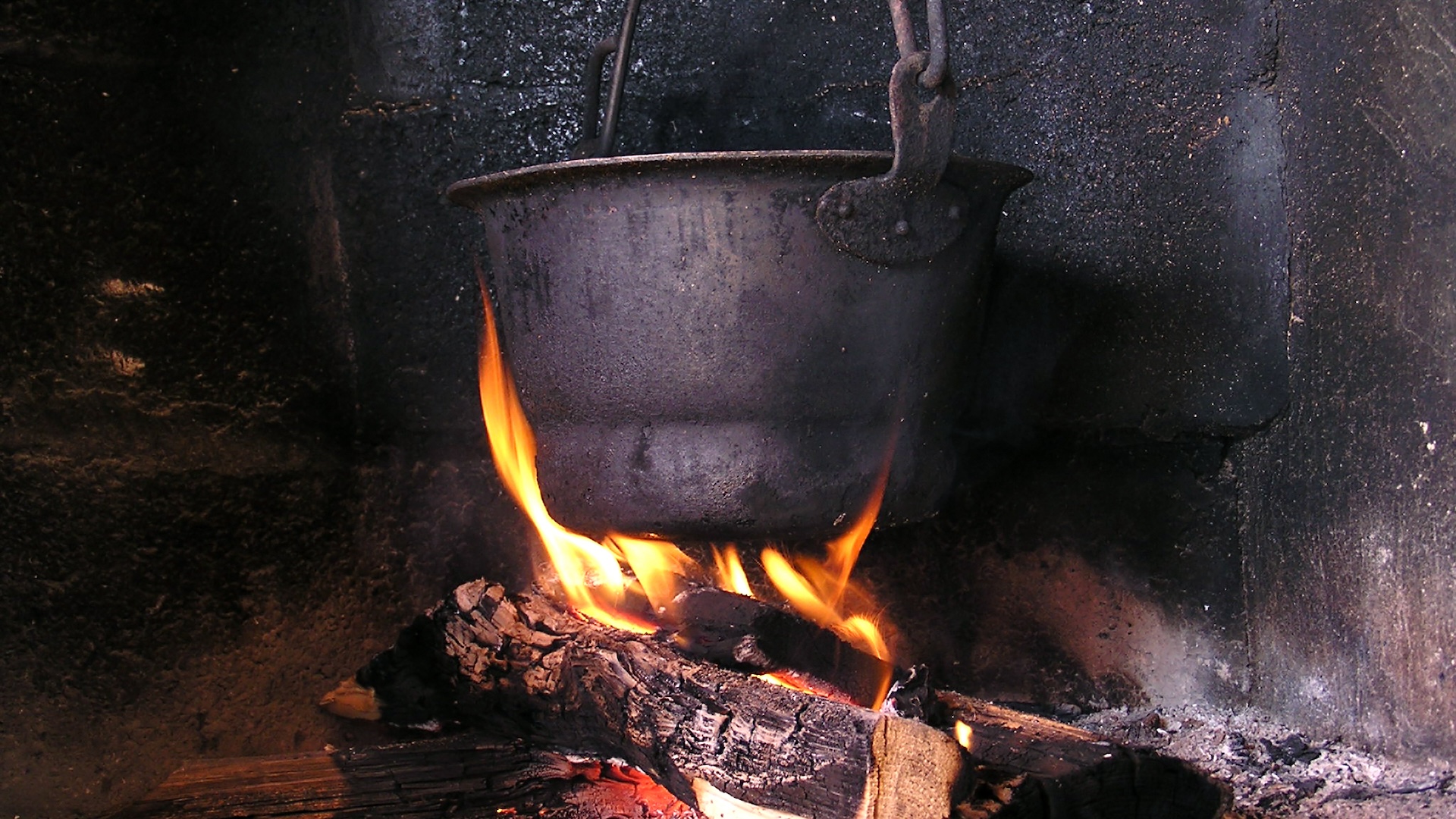Rats on a Road Trip Reveal Pollution's Risk to Heart

Rats on a road trip have underscored what scientists have long suspected about highway driving--car and truck exhaust is just as bad for your heart as it is for your lungs.
University of Rochester researchers packed a bunch of elderly rats with high blood pressure into a truck and took them on a 6-hour, 320-mile trip from Rochester to Buffalo along the New York State Thruway.
The rats were rigged so scientists could get electrocardiograms on the rodents and monitor their blood pressure and heart rates during the trip and for five days afterward.
The rats' heart rates dropped as much as 10 percent, an effect that lasted for up to 14 hours, the scientists found. The data also showed a 70 percent decrease in an index designed to measure the stability of the heart rate and the autonomic nervous system's ability to respond to change.
Disruption of the autonomic nervous system, which controls the heart, lungs and digestive organs, can lead to serious health risks, especially for people already with heart disease. The result can be an irregular heartbeat or even death.
"The fact that exposure to air pollution can change the heart rate, independent of other factors, is a cause for concern," said Alison Elder, lead author of a study reporting the findings in the journal Inhalation Toxicology.
"It's important to understand that these changes are taking place outside of the lung," she said.
Sign up for the Live Science daily newsletter now
Get the world’s most fascinating discoveries delivered straight to your inbox.
The study will help explain why engine emissions, even at low levels, cause cardiovascular problems as well as breathing problems, she said.
A recent study of people exposed to air pollution while traveling to work via bus, car or bicycle showed they were more likely to suffer a heart attack within an hour of their commute.
And medical staff in emergency rooms have observed a related phenomenon--a sharp rise in visits by patients with heart attacks on smoggy days in cities.
Tiny particles known as ultrafines are the biggest problem in polluted air, Elder said. They harm the body by mixing with reactive gases that take them deep into the lungs, she said, where they enter the circulatory system.











